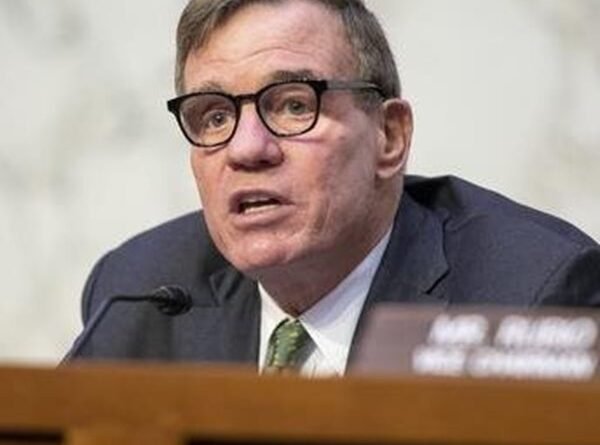Chair of Intel Warns US May Be Less Prepared for Election Threats Compared to 4 Years Ago
Only five months remain before voters head to the polls, and the U.S. may be at a greater risk of foreign disinformation targeting voters and democracy than before the 2020 election, according to the leader of the Senate Intelligence Committee on Monday.
Sen. Mark Warner, a Virginia Democrat, highlighted several reasons for his concern, including advanced disinformation tactics from countries like Russia and China, the emergence of domestic candidates and groups willing to spread misinformation, and the use of artificial intelligence to create deceptive multimedia content that is difficult to distinguish from reality.
Furthermore, tech companies have scaled back their efforts to combat misinformation, and the government’s initiatives to address the issue have been bogged down in discussions around surveillance and censorship.
Warner warned that the U.S. could face a greater threat of foreign disinformation leading up to the 2024 election compared to previous presidential cycles in 2016 and 2020.
“We may be less prepared 155 days out in 2024 than we were under President Trump (in 2020),” Warner told The Associated Press in an interview on Monday.
Over the years, security officials, democracy advocates, and disinformation researchers have raised concerns about foreign and domestic entities using online platforms to spread false and divisive content aimed at influencing elections between Republican candidate Trump and Democratic President Biden.
Warner’s assessment of America’s vulnerability comes shortly after top security officials informed the Intelligence Committee that the U.S. has made significant progress in combating foreign disinformation.
However, safeguarding the 2024 election will present distinct challenges, particularly with the use of AI programs to create misleading content, such as deepfakes and manipulated audio and video.
Efforts by federal agencies to engage with tech companies regarding disinformation have been complicated by legal issues and debates over government intervention in political discourse.
Major tech platforms have relaxed their policies on election misinformation, allowing the spread of false information and propaganda. This includes platforms like X (formerly Twitter) and YouTube, owned by Google, among others.
Concerns about foreign influence have led to legislative action, such as a law targeting TikTok’s owner in China. Meta, the parent company of Facebook and other social media platforms, has taken steps to address misinformation but has also been criticized for allowing certain misleading political content.
“I’m not sure that these companies, other than the press release, have done anything in a meaningful way,” Warner remarked.
Representatives from major tech companies did not respond immediately to requests for comment on Monday.
Copyright 2024 The Associated Press. All rights reserved. This material may not be published, broadcast, rewritten or redistributed without permission.
